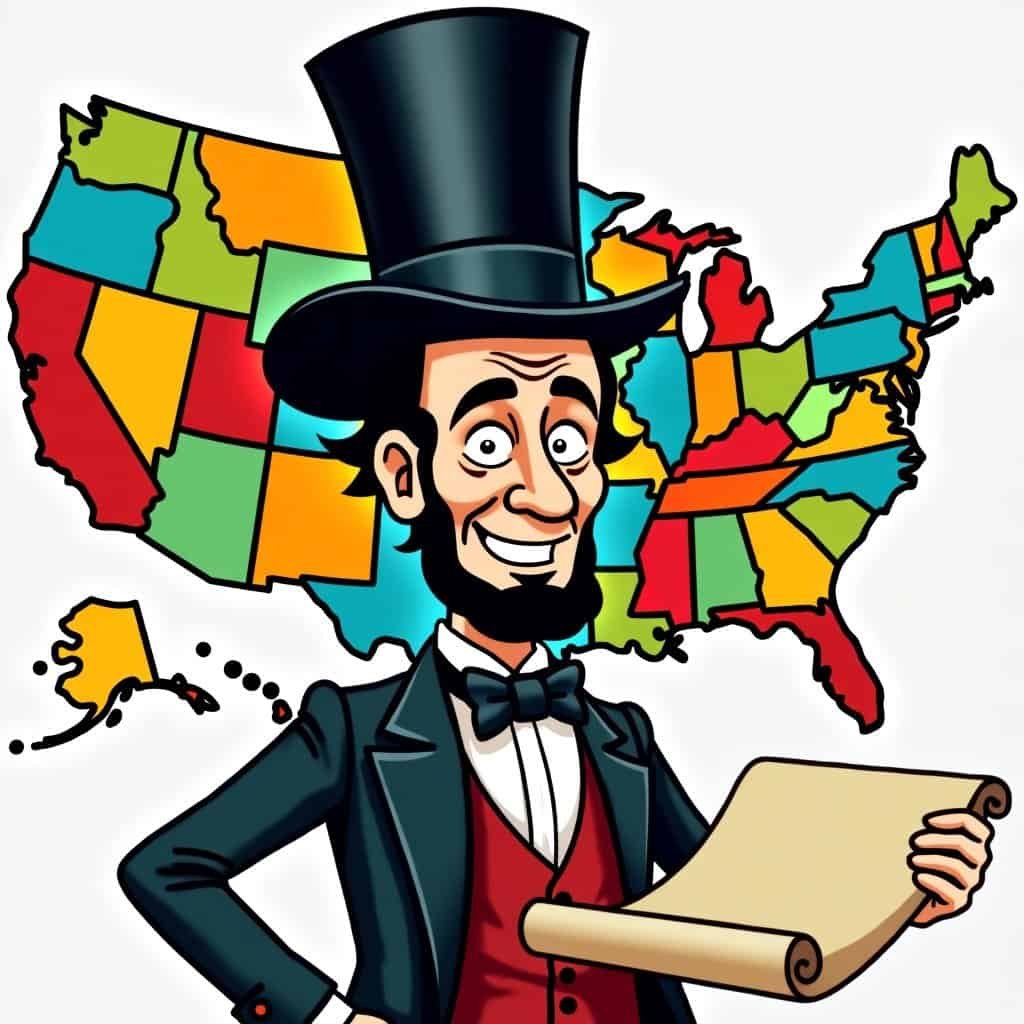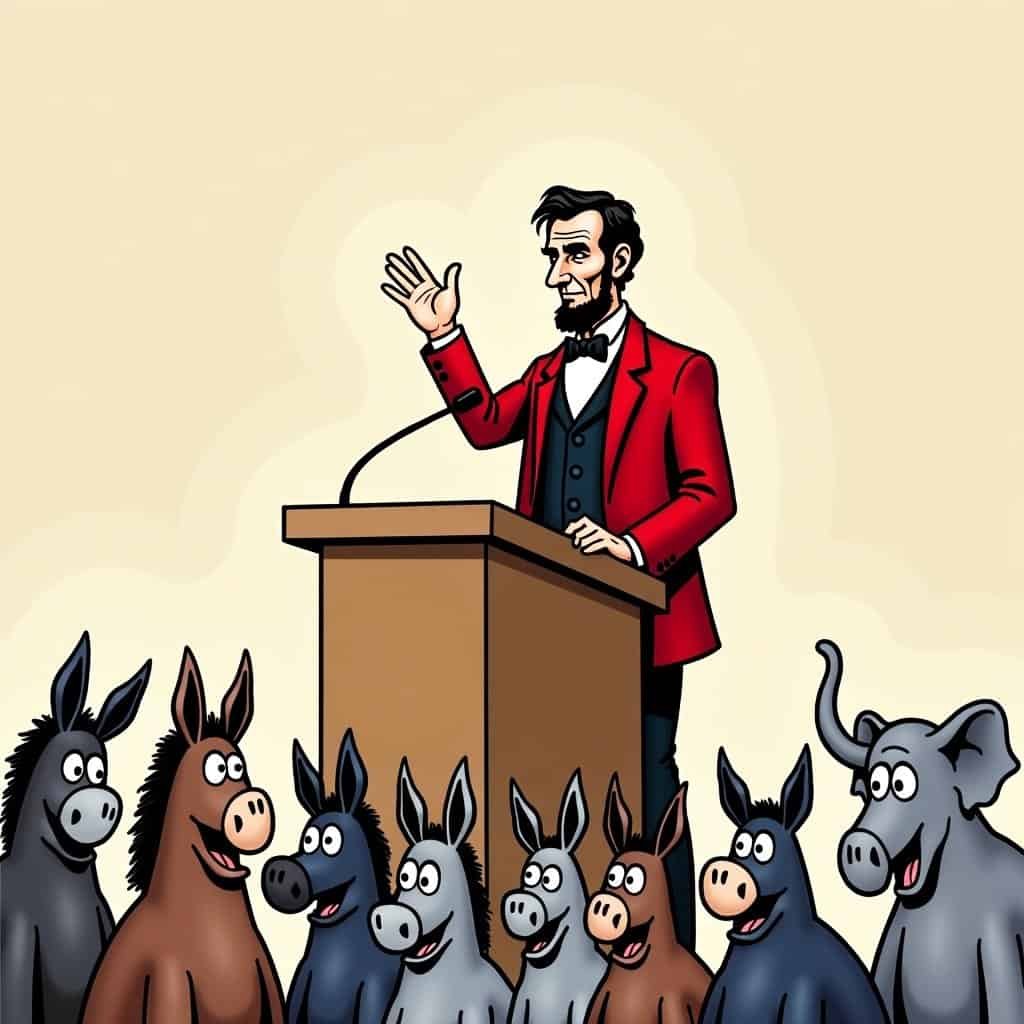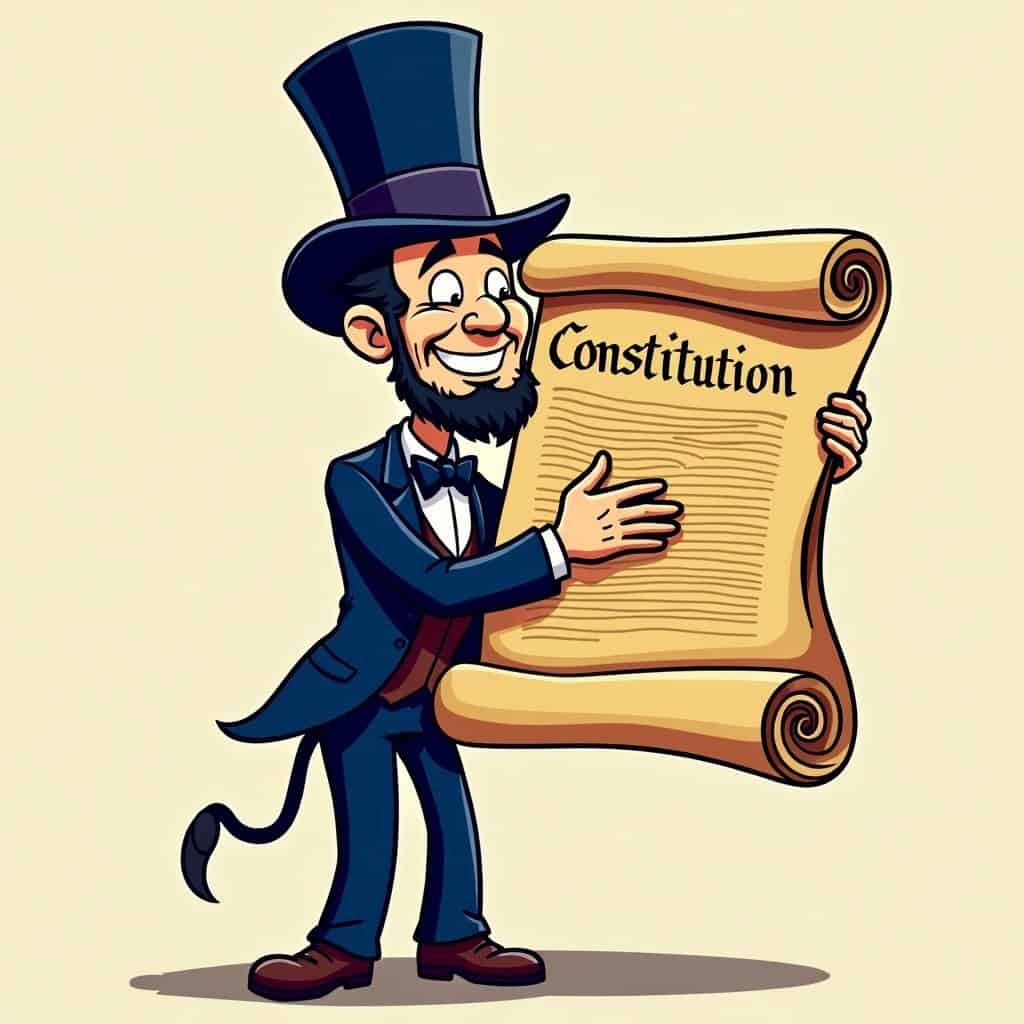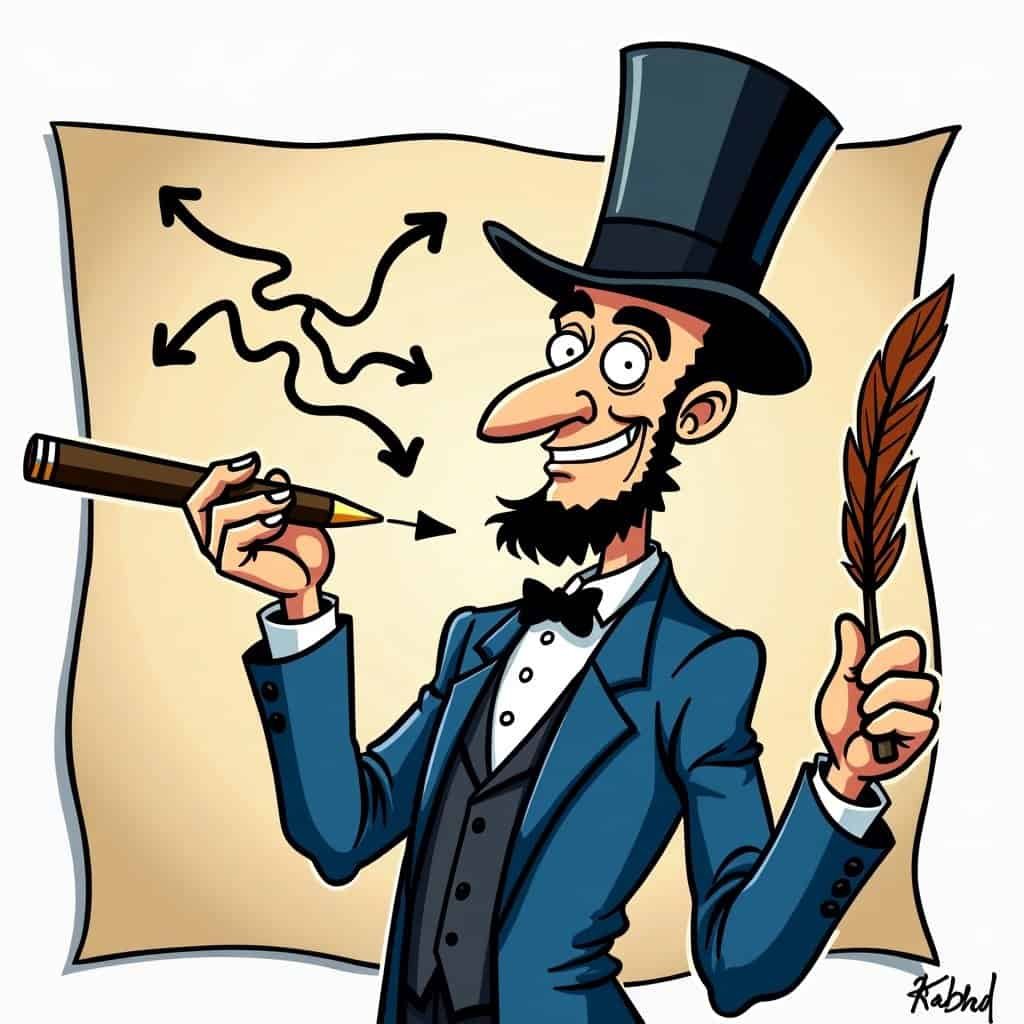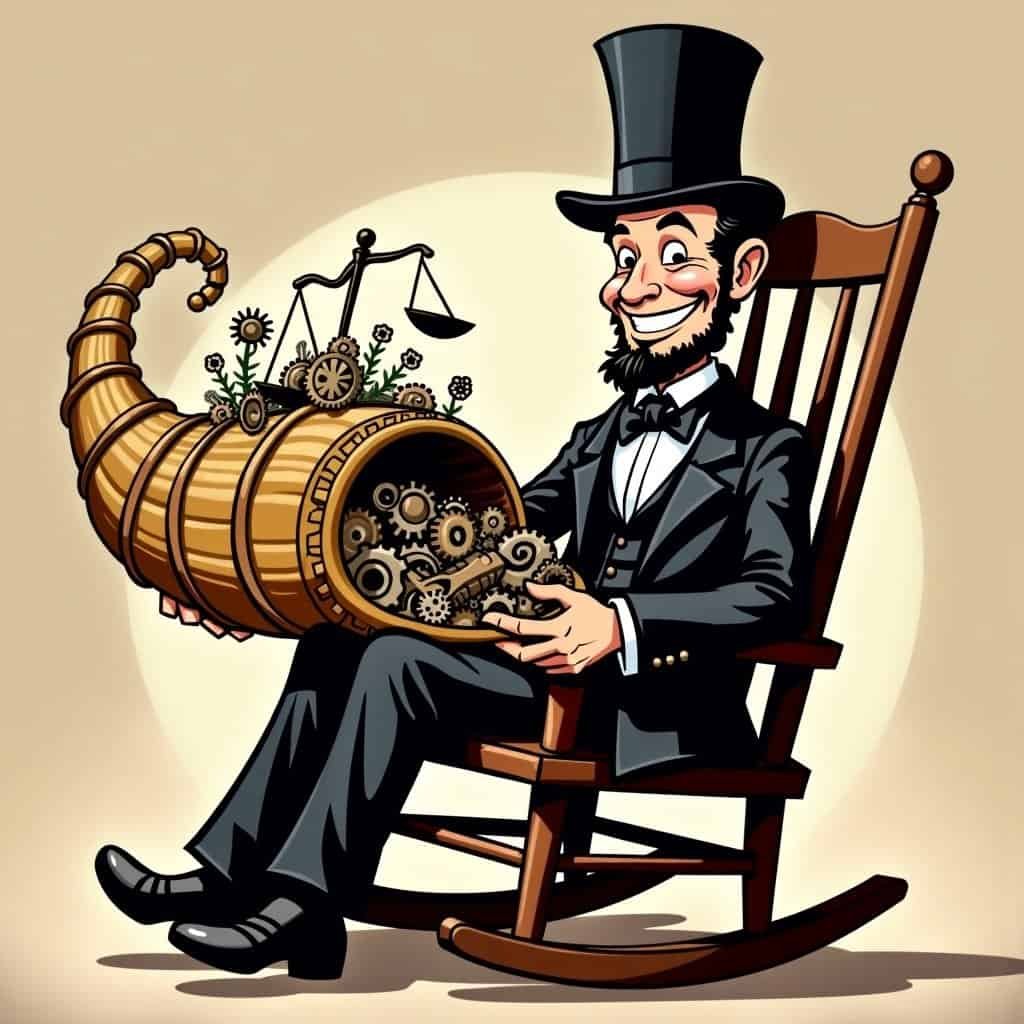Abraham Lincoln, the original top hat-wearing disruptor, pulled off something so masterful it deserves more applause than just getting his face on Mount Rushmore. That’s right, during his tenure, Lincoln not only united a divided nation but came up with a brilliant plan by integrating freed slaves into the Union Army. Now, before you say, “that doesn’t seem conservative,” let’s break it down.
Those who believe in individual liberty and self-reliance might actually find a kindred spirit in Lincoln’s strategic move. How does getting the self-liberated to fight for their own freedom not exemplify individual responsibility? Some say it’s the ultimate bootstraps moment in American history, only instead of pulling them up, they were marching in them—straight into battle.
Lincoln, a master of practical planning, showed that liberty wasn’t just a grand notion but a tactical advantage. He saw that freeing the slaves and welcoming them into the army was not just a moral victory; it strengthened the Union. Imagine today’s Federal government making such a common-sense approach! Why spend tons of resources on a new draft when you can boost patriotism and grow your numbers at the same time? Try duplicating that. Good luck!
Lincoln’s Strategy: A Conservative Approach?
At first glance, Lincoln’s maneuvers may look like progressive policies, but really, it’s business 101 with a top hat flair. Employ the willing, empower them, and your return on investment will more than pay off. He understood the value of using the talents of already motivated individuals—sound familiar? It’s what we call today, “economic efficiency in a free-market system,” minus the stock market noise.
Lincoln’s Approach: Key Points
- Integrated freed slaves into the Union Army
- Emphasized individual responsibility
- Boosted Union strength through practical measures
- Employed willing individuals for maximum efficiency
- Relied on local action and decentralized governance
Critics might say that such policies would require too much governmental involvement nowadays. Yet, the idea that states and localities know best is a core belief. Lincoln, though operating under the federal banner, relied heavily on local action—his strong right arm the capable recruitment efforts on the ground. It’s almost as if he knew that to create long-lasting impact, you needed to start close to home and let solutions bubble up rather than trickle down from bureaucrats who wouldn’t know a battlefield from a ballroom.
Echoes of Modern Conservative Values
Through this lens, Lincoln’s actions begin to mirror modern conservative values, relying on principles of decentralized governance, empowering individuals, and ensuring that liberty is hand-in-hand with responsibility. And let’s not forget: by giving freed men the power to fight, he highlighted the rugged individualism that many cherish today. Whether they held the front with muskets or joined behind the scenes, African Americans were given opportunities to lead their own fall toward freedom—arguably the most republican act of all during those times.
So, while today’s pundits debate policy in marbled halls, Lincoln’s legacy continues to offer an oasis of American practicality and values in action—proof that sometimes the best path to national greatness is led by those willing to march heads held high, no matter the odds. As they say, you can’t build the house of freedom without a sturdy foundation, and Lincoln made sure everyone not only had a hammer but knew how to swing it.

